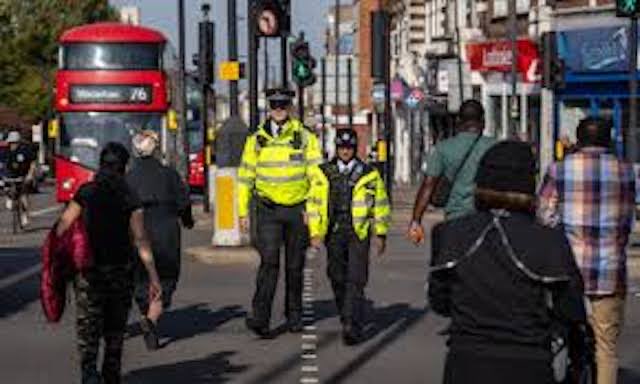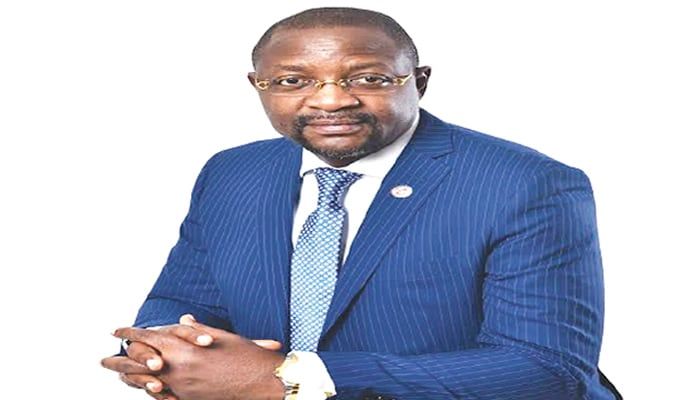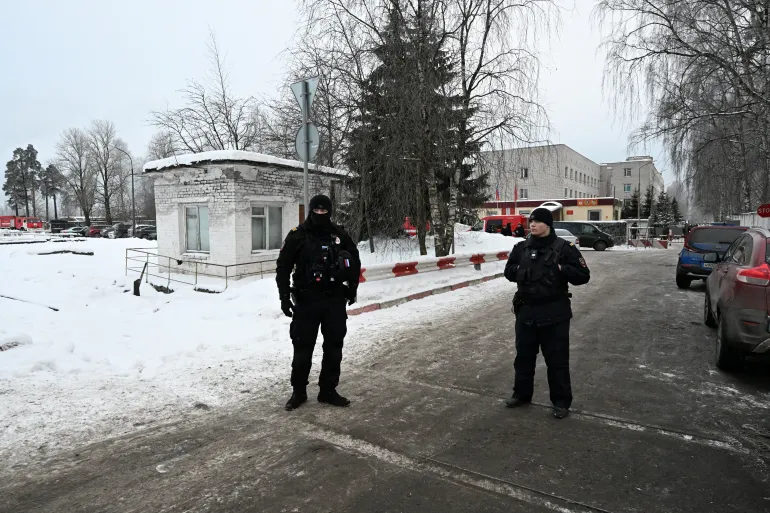London Police End Investigation of ‘Non-Crime Hate Incidents’ After Backlash Over Writer’s Arres

The London Metropolitan Police have announced they will no longer investigate “non-crime hate incidents,” following widespread criticism over the arrest of Irish comedy writer Graham Linehan for his anti-transgender posts on X.
In a statement on Monday, Police Commissioner Mark Rowley said the move was aimed at freeing officers from what he described as “toxic culture war debates” and allowing them to focus on genuine criminal activity.
“The Met will no longer investigate non-crime hate incidents,” the statement read. “This change provides clearer direction for officers and ensures our attention remains on cases that involve criminal offences or clear risks to public safety.”
Rowley noted that while such incidents will still be recorded, investigations will only proceed where there is “a clear risk of harm or disorder.”
The shift follows Linehan’s arrest at Heathrow Airport in September over three social media posts deemed offensive toward transgender people. Prosecutors have since decided to take “no further action” against the 57-year-old, who is best known for creating Father Ted and The IT Crowd.
In one of the posts cited by police, Linehan wrote, “If a trans-identified male is in a female-only space, he is committing a violent, abusive act; Make a scene, call the cops and if all else fails, punch him in the balls.”
Following the decision to drop the case, Linehan said he planned to “hold the police accountable” for what he called an attempt to suppress “gender critical voices.”
His detention drew condemnation from public figures including Harry Potter author J.K. Rowling, politician Nigel Farage, and X owner Elon Musk, who described Britain as a “police state.”
Prime Minister Keir Starmer also weighed in, urging police to “focus on the most serious issues.”
Rowley said police had been placed “between a rock and a hard place” by unclear laws requiring them to log complaints as hate incidents even when no crime was committed.
Linehan still faces separate court proceedings on harassment charges related to posts about a transgender woman, which he denies.
The debate over free speech and hate crime laws has intensified in the UK, with both government officials and civil rights advocates questioning the balance between protecting expression and preventing harm.
The controversy also comes amid rising political tensions around policing protests and online speech, particularly after the government banned the activist group Palestine Action earlier this year.









